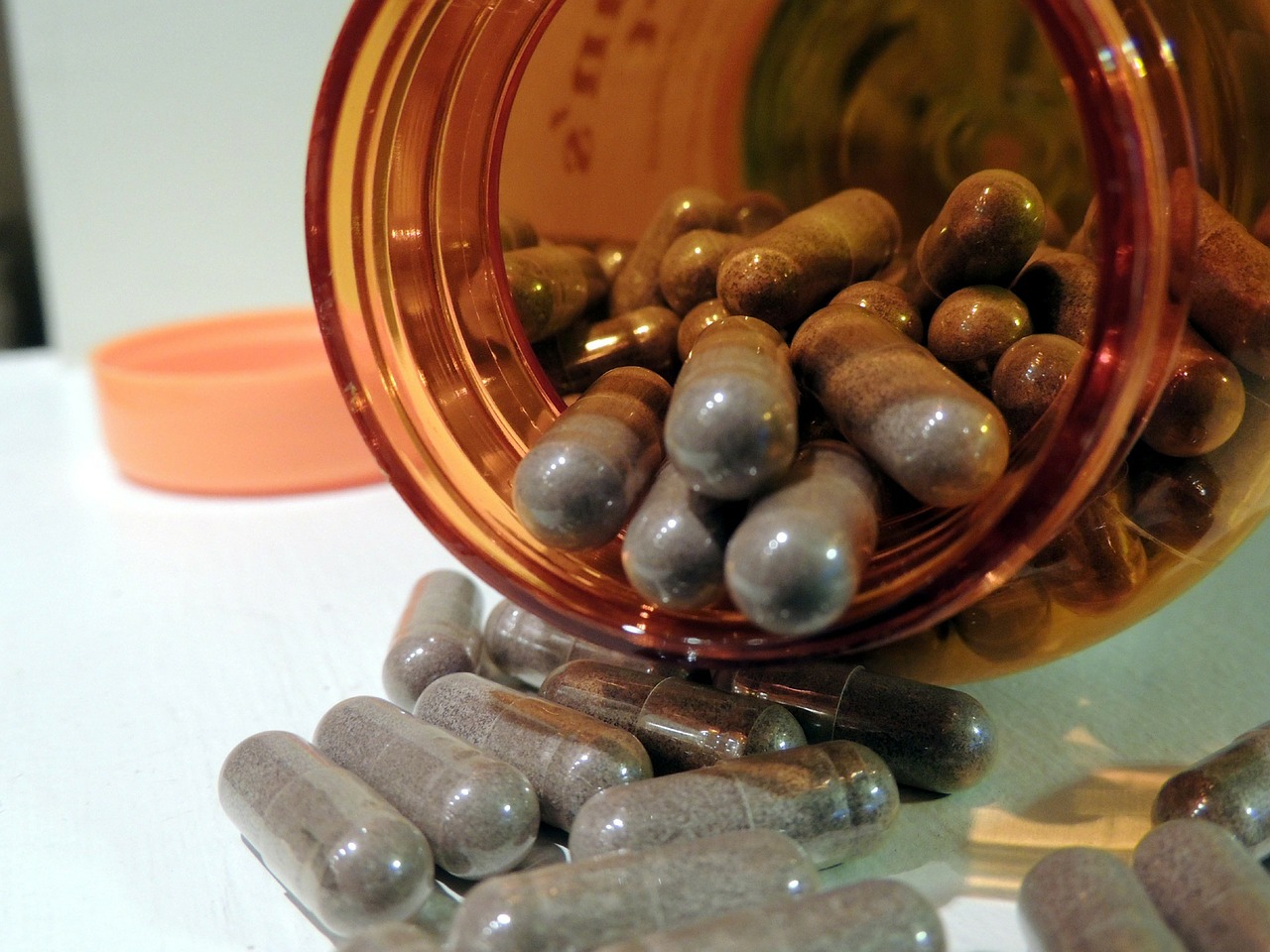Supplements… To Take Or Not To Take

As I’ve worked with fertility clients, I’ve often been asked the following types of questions:
- I’m taking supplements x, y and z – do you think it will help me get pregnant?
- I’ve read about (insert name of supplement here) – do you think it will help me get pregnant?
- My friend took (insert name of supplement here) and got pregnant, so I think I should take it too. What do you think?
These questions are completely valid questions in and of themselves. I don’t really have an issue with supplements in and of themselves. They can be highly beneficial.
What worries me is the expectation that some people may have when they take supplements – like they’re a magic pill that will solve our fertility problems and get us pregnant, without any effort on our part.
The name says it all; they’re called supplements because they’re meant to supplement the benefits we should already be getting through proper food and nutrition. They’re not meant to take the place of a healthy, balanced diet.
For this reason, while I was trying to conceive, I chose to emphasize food as my medicine of choice, over supplements. I looked at my food choices, cleaned up my diet, and embraced a healthier, more balanced way of eating.
As I’ve shared time and time again at B-Method, hormone imbalances and irregularities with ovulation are the leading cause of female infertility. One of the most effective ways to get your hormones in check, which can regulate your ovulation, is through eating a healthy, well-balanced diet.
I also felt that adopting a healthy diet would be a more effective long-term, sustainable solution to improving my overall health, rather than taking a smorgasbord of supplements to get me through the preconception, and hopefully pregnancy, period.
I did, however, start taking a good prenatal vitamin. I wasn’t already regularly taking vitamins and knew that taking a good prenatal would be great preparation for pregnancy. An insurance policy, if you will.
I also started taking calcium, since osteoporosis runs in my family and I have small bones. Sometimes supplements are good to incorporate into your routine if you could have a certain predisposition such as this, again, as a complement to your regular diet rather than a replacement. I still made sure to eat lots of green leafy vegetables, which are excellent sources of calcium.
Finally, I added a vitamin D supplement as well. My blood workup from my doctor indicated I was vitamin D deficient; this isn’t uncommon in this day and age. Vitamin D is something that we’re not able to get in any significant amount from our food, so many doctors do recommend supplementation for it.
Recent research has also suggested that patients undergoing IVF treatment could have higher success rates if they are taking vitamin D supplements, so many reproductive endocrinologists now recommend that their patients take vitamin D supplements as a matter of standard practice.
These are pretty basic supplements that seem to make sense for everybody. To improve your fertility, there are a few others I would recommend possibly looking into incorporating into your regimen, after consultation and approval from your doctor:
- Vitex: Also known as Chasteberry, Vitex is one of the most effective fertility herbs available to us for hormone regulation and menstrual cycle management. Offered in loose herb form, capsules or tea, Vitex could be a great herb to take if your periods are irregular. It’s also been shown to help lengthen the luteal phase (the time from ovulation to the first day of the next period), which is important for successful implantation of a fertilized embryo. So if you know you have a short luteal phase (less than 10 days), Vitex could a great supplement for you. Finally, Vitex has also been shown to stimulate production of the corpus luteum and boost progesterone levels, also important in the post-ovulatory portion of the cycle. So if you know your progesterone levels are naturally low, Vitex could be of benefit to you. Consult with your doctor.
- Coenzyme Q10 (CpQ10, also known as ubiquinol): CoQ10 can be beneficial for both men and women because it’s been shown to improve both sperm and egg health, and protect DNA at a cellular level. I actually wish I had taken this one, because I was 42 when I was trying to conceive and had suffered miscarriages, so egg quality was obviously an issue for me. CoQ10 is usually taken in capsule form.
- Maca: Maca is actually not a vitamin or herb. It’s a food akin to a potato, consumed in South America. It is very nutritious and nourishes the entire endocrine system, which regulates the production of our hormones. It’s another supplement that can be very helpful in regulating our hormonal balance. It’s also been shown to help boost male fertility, though increased sperm counts and motility. Maca can be taken as a capsule, or maca powder can be added to your soups, smoothies or salads.
The Bottom Line: Save for a few basics, many supplements aren’t necessary as long as you’re eating a balanced diet (which is preferred). Some supplements could be very helpful in boosting fertility but before starting to take any of them regularly, check with your doctor to make sure they’re right for you.
Do you take supplements to boost your fertility?
Big fertile love to you,
Stephanie



